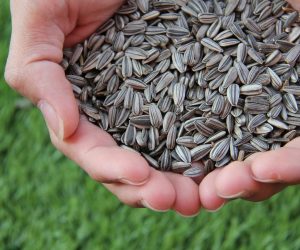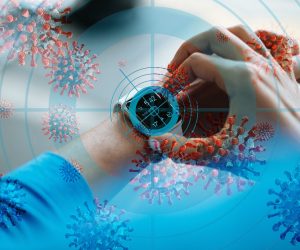
The Myth of Multitasking + How to Actually Improve Focus to Get Things Done
Dr. Caroline Leaf – In this podcast (episode #327) and blog, I interview cognitive neuroscientist and author Dr. Amishi P. Jha about her amazing new book, Peak Mind: Find Your Focus, Own Your Attention, Invest 12 Minutes a Day. We talk about the different kinds of attention systems in the brain, how to train the brain to pay more attention and focus in high stress situations, how mindfulness can improve attention, and so much more!
As Dr. Amishi points out, although attention is an incredibly powerful brain function, there are things that we face every day that are like Kryptonite for our attention, such as stress and feelings of threat. But the great news is that we can learn how to manage these feelings in the moment and protect our ability to pay attention.
In Peak Mind, Dr. Amishi discusses her experience working with individuals who experience challenging situations daily, such as soldiers, athletes, government officials and surgeons, and the remarkable discoveries she has made in her own lab. She has consistently found that, although our attention is vulnerable, there are ways we can learn how to control it, especially in high-stress situations.
We need to understand that attention is cognitive fuel. We need it for more than just “thinking”; we need attention to make decisions, to deliberate, to regulate our emotions and behavior, and to connect with other people. It is needed for many complex cognitive functions!
There are 3 important sub-systems of attention. First is FOCUS, which means to privilege some information and disregard other information. This is also called the orienting system of the brain, which acts like a flashlight in the dark, focusing on certain areas in our external and internal environment. It can be directed by us, and it can be pulled by certain kinds of stimuli. Second is the ALERTING system, which is like a floodlight. It is broad, vigilant and receptive, and privileges what is happening in the moment—right now. The third system is EXECUTIVE control or attention. Its job is to ensure that our goals and actions are aligned, and to course-correct if things are going in the wrong direction. These systems function best as a coordinated system, even though they may seem at odds with one another individually.
In fact, we should not be paying attention to everything all the time, because we cannot act on everything simultaneously. Our brain is not designed to multi-task. Our attention system does not have the capacity to do a bunch of important, demanding tasks at once.
Multi-tasking is a myth. What we are generally doing when we think we are multi-tasking is actually switching between tasks. This can be exhausting because the entire brain is re-calibrated by a new task, which comes at an energetic cost. This means that you are more likely to make cognitive errors, and you cannot give a task the comprehension it may demand.
Our executive function can help us manage our attention and choose what to pay attention to instead of jumping from one task to another. Using this system, we can mono-task instead of multi-task. This can be something as simple as making a choice to put your phone on silent during a meeting or asking people not to disturb you while you work on a deadline.
Interestingly, Dr. Amishi has found that certain kinds of mindfulness and mind management practices can help us learn how to pay better attention in other areas of our life instead of just jumping from task to task, especially when partnered with a physical practice like breathwork. Essentially, mindfulness is a specific form of cognitive training for our attention!
In her book, Dr. Amishi suggests doing a simple exercise to help you practice this kind of mindfulness to start improving your attention: first, just notice yourself breathing, then choose to focus on a breath-related sensation (such as the coolness of the air passing through your mouth) using your executive function. Then, use your “flashlight”: notice when your mind wanders, and use your executive function to re-direct your thinking. Dr. Amishi has found in her research that practicing this kind of mindfulness for a minimum of 12 minutes a day, around 4 to 5 times a week, can help support your ability to pay attention during stressful times!
To read the original article click here.






